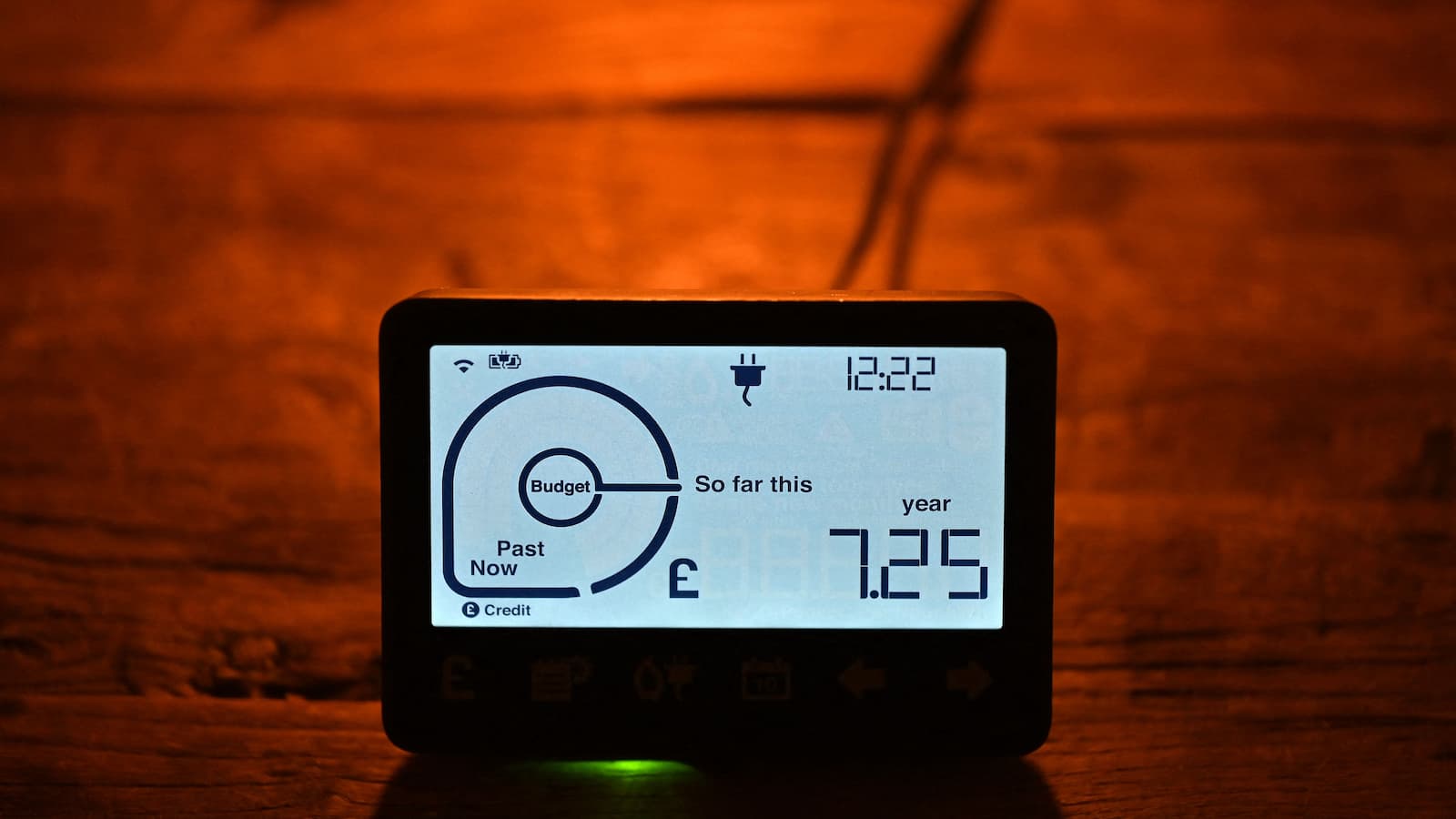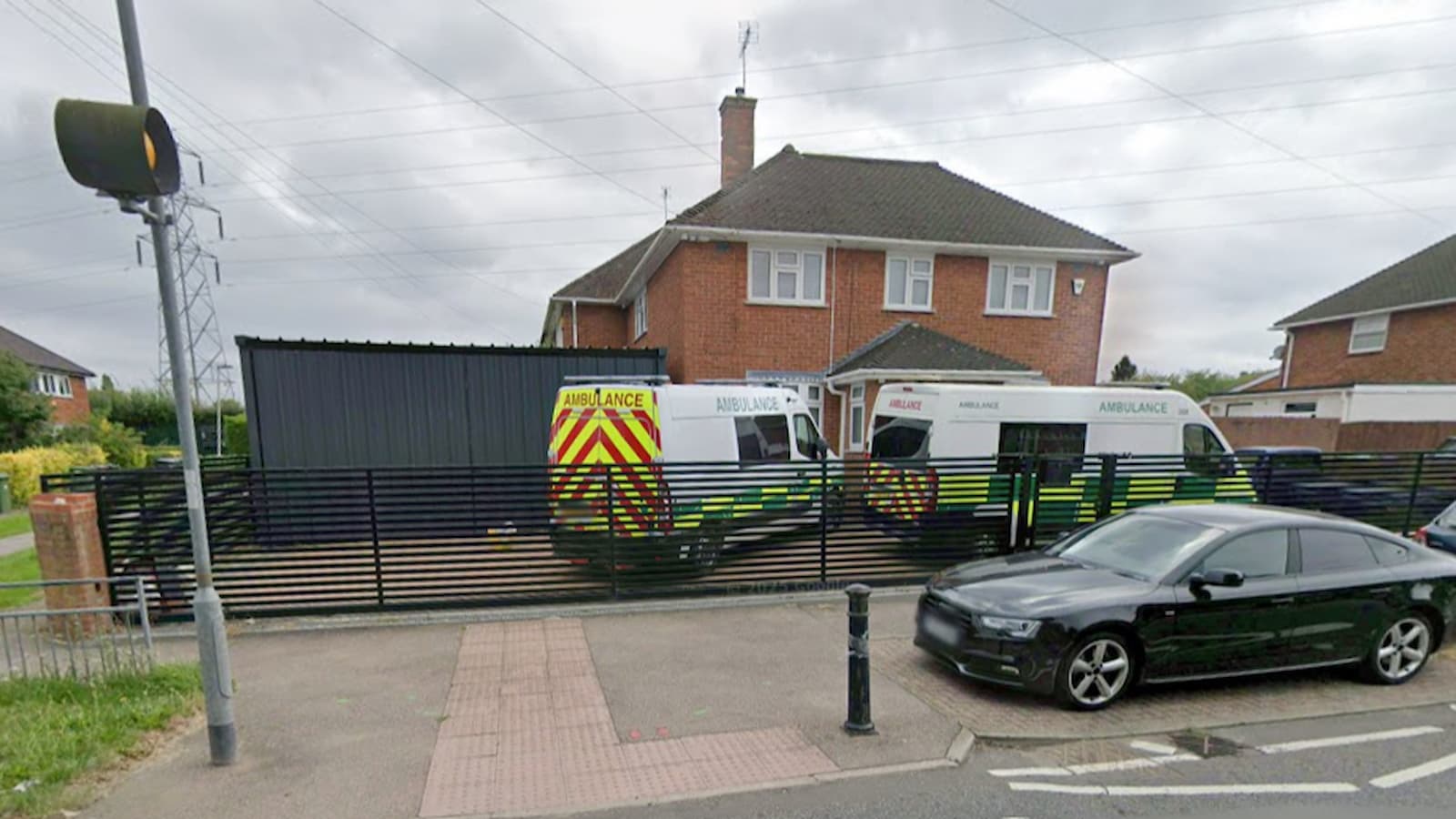Hundreds of thousands at risk as obsolete energy meters face June 2025 shutdown
Time is running out for over 300,000 households to upgrade their RTS meters and avoid costly disruptions to heating and off-peak energy tariffs

Bring your dream home to life with expert advice, how to guides and design inspiration. Sign up for our newsletter and get two free tickets to a Homebuilding & Renovating Show near you.
You are now subscribed
Your newsletter sign-up was successful
Over 300,000 UK households could lose access to heating or hot water this summer as outdated Radio Teleswitch Service (RTS) meters are set to be switched off permanently on June 30, 2025.
With energy price rises continuing to squeeze household budgets, the pressure is mounting on families to upgrade to smart meters - the only compatible replacement – before the deadline hits.
Energy regulators and suppliers are urging urgent action to avoid widespread disruption.
What Is the Radio Teleswitch Service?
The Radio Teleswitch Service is a system that allows energy suppliers to switch customers between peak and off-peak electricity rates using radio signals.
This service has been instrumental for households using electric storage heaters, panel heaters, or immersion heaters, enabling them to benefit from cheaper electricity during off-peak hours.
However, the technology is now outdated, and the equipment supporting it can no longer be adequately maintained, prompting its scheduled shutdown on 30 June 2025.
🚨 The RTS signal will be switched off from 30 June 2025. This means everyone with an RTS electricity meter needs to have a new one installed. If your energy supplier contacts you, act now. Find out if you have an RTS meter and get support here: https://t.co/OqD5cvFnUX pic.twitter.com/wB0gxDHqRYApril 25, 2025
The urgency of upgrading to smart meters
As of early 2025, approximately 600,000 households in Great Britain still relied on RTS meters. Ofgem expects energy suppliers to replace all RTS meters before the service ends.
Bring your dream home to life with expert advice, how to guides and design inspiration. Sign up for our newsletter and get two free tickets to a Homebuilding & Renovating Show near you.
Smart meters are the only technical replacement for RTS meters, as they can be programmed to deliver a similar service. They offer real-time energy usage data, eliminate the need for manual readings, and provide access to a wider range of tariffs.
Charlotte Friel, director for retail pricing & systems at Ofgem, emphasised the importance of the transition: “One of the key functions of the RTS Taskforce is identifying hotspot areas that need more targeted resources to accelerate the upgrade programme. So it is pleasing to see E.ON Next and other energy suppliers pushing to drive up the replacement rate in Leicester.
"This is a positive declaration of intent to meet the RTS challenge head on, so our message to people in the city is that support is ready and waiting. If you are contacted by your energy supplier to arrange an appointment, please book it.”
Identifying if you have an RTS meter
According to Ofgem you may have an RTS meter if:
- There is a separate switch box near your meter labelled "Radio Teleswitch."
- Your home is heated using electricity or storage heaters.
- There is no gas supply to your area.
- You are on a time-of-use tariff, such as Economy 7, Economy 10, or Total Heat Total Control.
If you're unsure, contact your electricity supplier, who can confirm your meter type and arrange an upgrade if necessary.
Support and the next steps
Ofgem, in collaboration with energy suppliers and consumer groups, has launched a campaign to raise awareness about the RTS shutdown.
The RTS Taskforce has been established to coordinate efforts, prioritise vulnerable customers, and ensure a smooth transition to smart meters.
Energy suppliers say they are contacting affected customers to schedule smart meter installations.
Upgrades are provided at no extra cost, and suppliers are expected to offer tariffs comparable to existing arrangements.

News Editor Joseph has previously written for Today’s Media and Chambers & Partners, focusing on news for conveyancers and industry professionals. Joseph has just started his own self build project, building his own home on his family’s farm with planning permission for a timber frame, three-bedroom house in a one-acre field. The foundation work has already begun and he hopes to have the home built in the next year. Prior to this he renovated his family's home as well as doing several DIY projects, including installing a shower, building sheds, and livestock fences and shelters for the farm’s animals. Outside of homebuilding, Joseph loves rugby and has written for Rugby World, the world’s largest rugby magazine.

